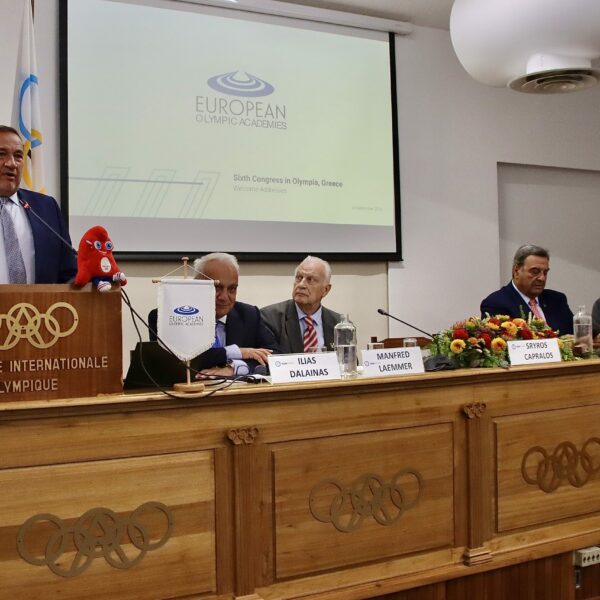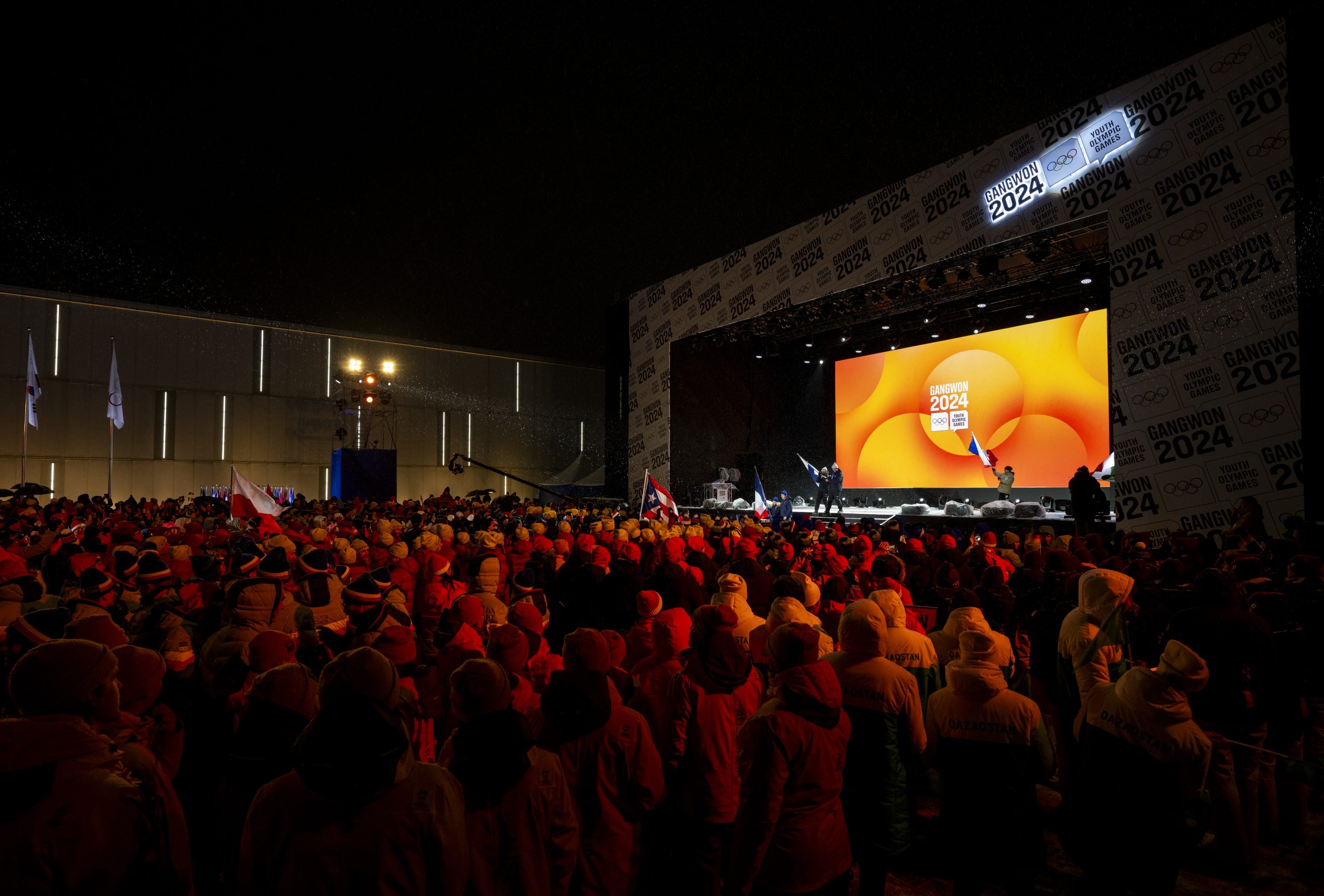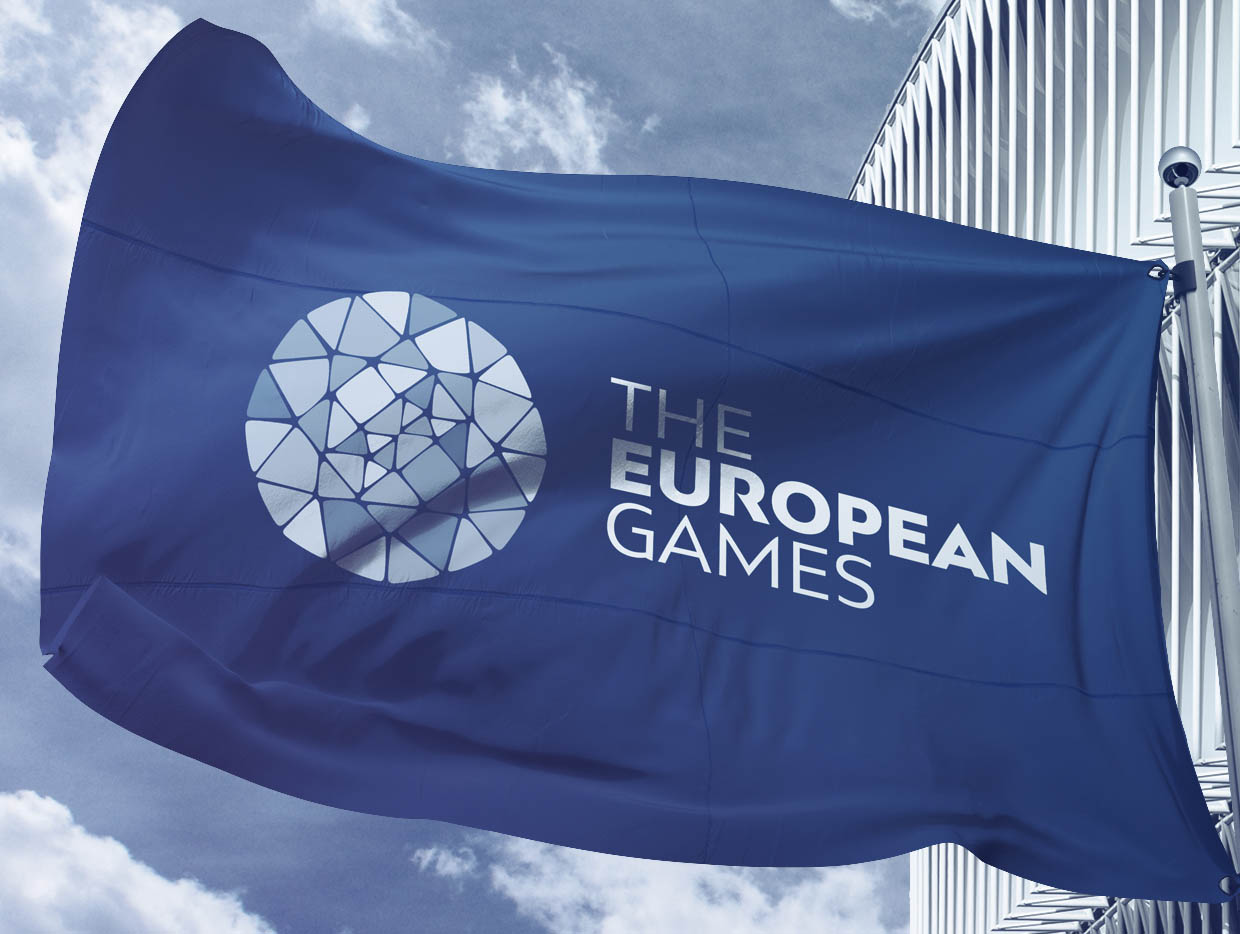Imagine competing in a sport where the difference between gold, silver and bronze is often the tiniest fraction of a millimetre.
This is the nature of rifle and pistol shooting at the Minsk 2019 European Games. Here, the margin for error is so tiny that the smallest physiological disturbances – from an elevated heart rate to increased perspiration due to the temperature of the room – can be enough to throw an athlete’s aim slightly off target, and end their hopes of success.
In the individual 10m air pistol category, the target is just 11.5mm across. In 10m air rifle, the 10th ring measures just 0.5mm. Missing means game over. As a result, perhaps more than any other sport, winning medals at the highest level is not so much decided by technical ability, but in the mind.
“In shooting, your biggest opponent is yourself,” said Sergey Kamenskiy (RUS), who won gold in the mixed team 10m air rifle, and silver in the men’s individual 10m air rifle.
Staying still enough to repeatedly hit the target with unerring precision requires remarkably careful bodily control.
“Shooting is very draining on the mind because you have to stay perfectly still the entire time which requires a lot of control of all the small muscles in your body,” said former world champion rifle shooter Petra Zublasing (ITA).
“Because our target is so small, the tiniest movement, even a heartbeat, can make you miss. So generally we shoot between one heartbeat and the next, which is very hard, because even though we’re standing still, our heart rate gets up to 160 beats per minute, due to the tension.”
Shooting between heartbeats requires other-worldly powers of concentration. With qualification rounds and finals sometimes lasting more than an hour at a time, elite shooters have to develop the ability to switch their focus on and off between shots.
“Nobody can hold their concentration for that long a period of time, so subconsciously you switch things on when you shoot and then in between you turn it off,” Zublasing said.
But the biggest challenge is recovering from a poor shot. With often a matter of seconds between shots, shooters must be capable of immediately erasing the memory and regulating their emotions to shoot again. Many use a variety of training techniques to prepare for this, ranging from meditation to hypnosis.
“I use hypnosis to try and prepare myself for such situations,” said Nina Christen (SUI) who won gold in the mixed team 50m rifle prone. “It helps me control myself and avoid getting too negative or tired.”
The Great Britain team try to limit a shooter’s thinking between shots through mindfulness training.
“People will lose in rifle and pistol by a decimal point,” said Team GB psychologist Paul Hughes. “We want our athletes to focus on how they hit rather than why they’re missing. We want to keep things simple, and how you hit is down to three to four things, while there could be thousands of reasons why you missed.”
But it is still easier said than done.
“The problem with shooting is that everybody is so good, that you cannot make a mistake,” Zublasing said. “So if you get a bit unlucky and miss, it’s easy to get emotional about it. There are a lot of shooters who will shoot world records in training, and then suddenly in competition, they can’t do it anymore because your heart’s beating faster and you become your own adversary.
“We all know what it takes to win and we can all do it, but it just depends, do you have your [act] together on that day or not?”
@MEGOC News Service



















